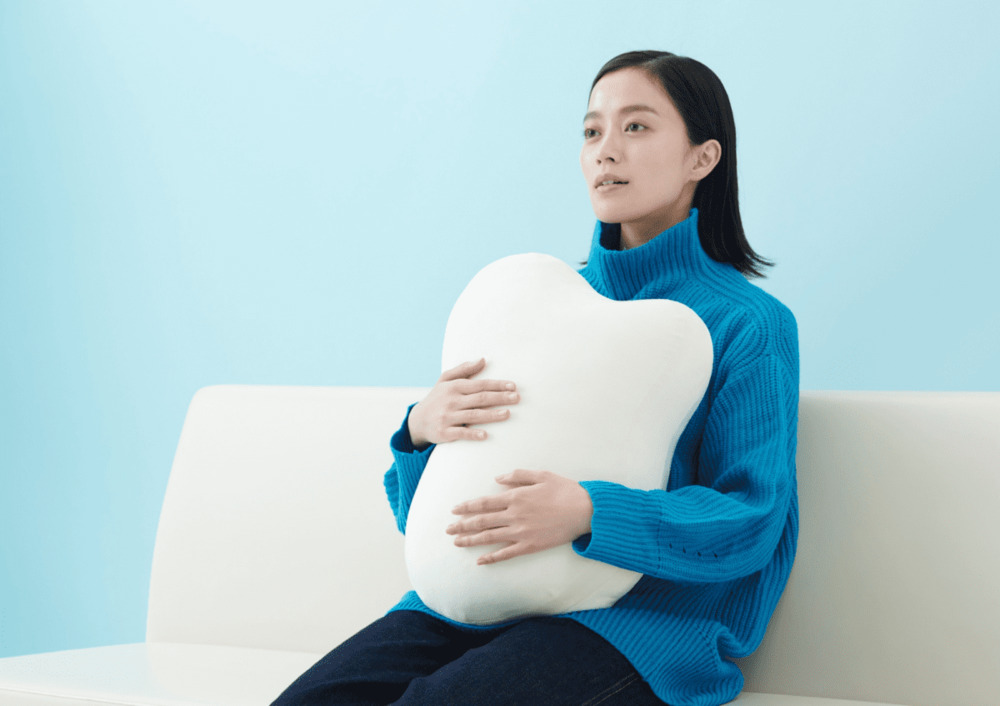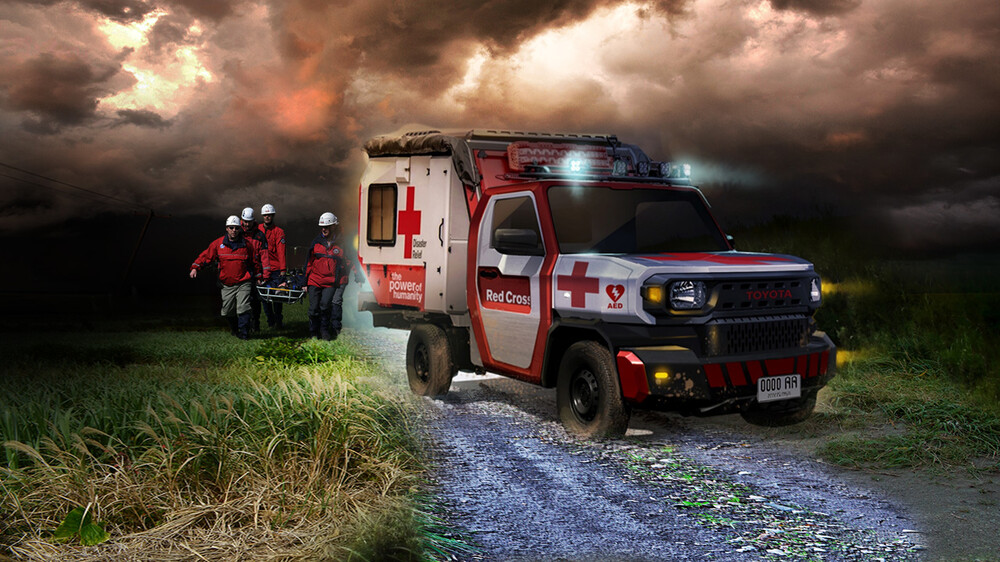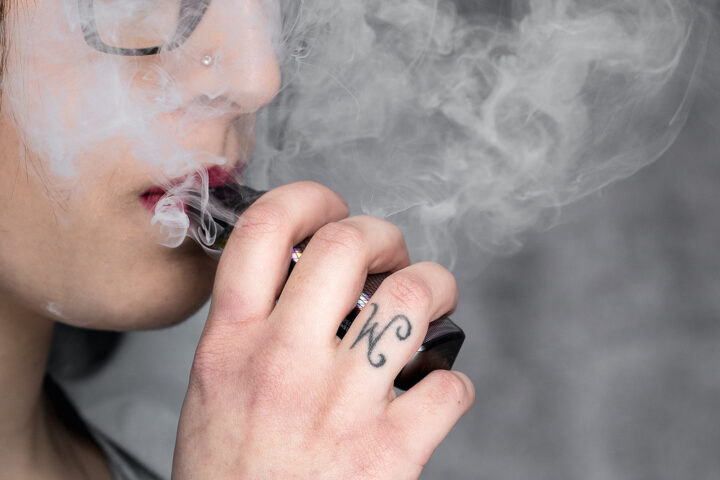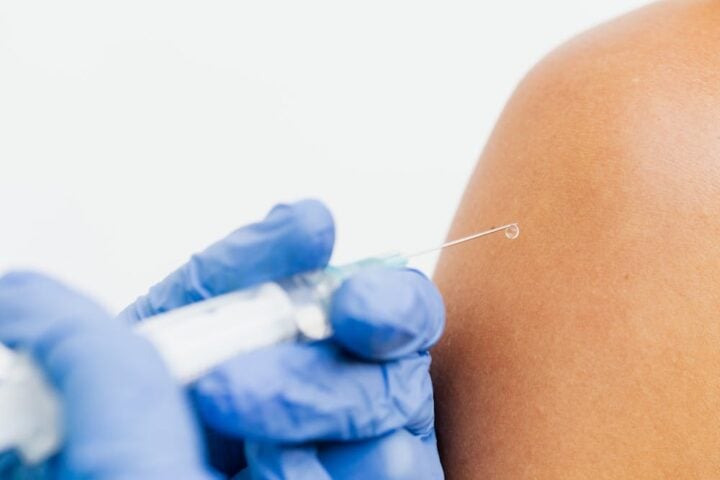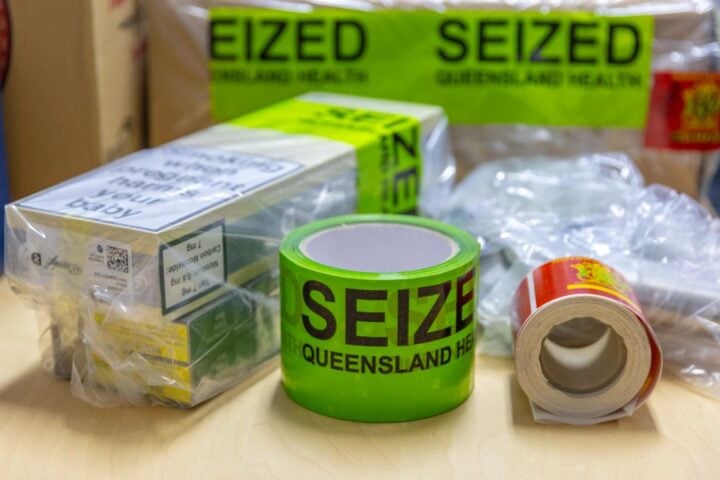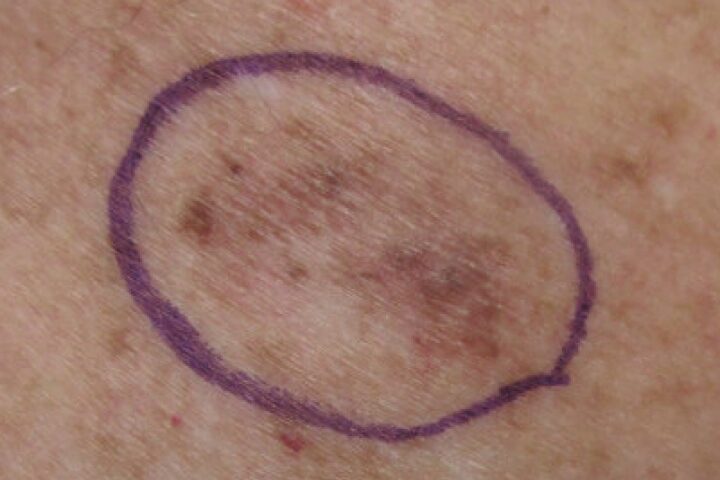Yukai Engineering’s ‘fufuly’ is a fresh wind in mental health care, blending technology with therapy. This Tokyo-based startup’s robotic cushion, costing $133, uses deep breathing tech to quell stress, available on Kickstarter. It’s more than a comfort item; it’s a tech-therapy hybrid.
Unlike Yukai’s previous ‘Qoobo’ cat tail pillow, ‘fufuly’ takes an active role. It uses rhythmic pulsations, mimicking human breathing. “The fufuly is the world’s first robotic cushion that simultaneously controls rhythm and amplitude,” said CEO Shunsuke Aoki. This isn’t just a gimmick; it’s a University of Tokyo-backed study on rhythmical synchronization.
‘Fufuly‘ stands out with its depth. It targets specific mental states with its “Rest,” “Work,” and “Sleep” modes, syncing with the user’s needs. It’s not a one-off fix but a portable, daily companion.
But is ‘fufuly’ a real solution or a flash in the pan? It’s great that five minutes with the cushion lowers stress, as Aoki noted, but mental health is a long game. Can gadgets like this really make a difference?
Similar Posts
However, if ‘fululy’ aids deep and synchronous breathing, then it can be helpful in many ways. Ancient Indian practices like Pranayama and Yoga have stressed breathing and proved to be beneficial in many studies too.
With ‘fufuly’ set for delivery in July 2024, it’s time to think about its role in mental health. It’s part of a growing trend, but we need to balance tech with traditional care.
In the end, ‘fufuly’ is a notable move in tech-aided mental health, but it’s not a catch-all solution. Mental health care is always changing, and our solutions need to keep up. In the realm of mental health, there’s no one-size-fits-all. Innovations like ‘fufuly’ are promising, but they’re part of a bigger picture that includes diverse needs, accessibility, and ongoing professional care. The journey is less of a sprint and more of a marathon, with constant adjustments needed for the long haul.
